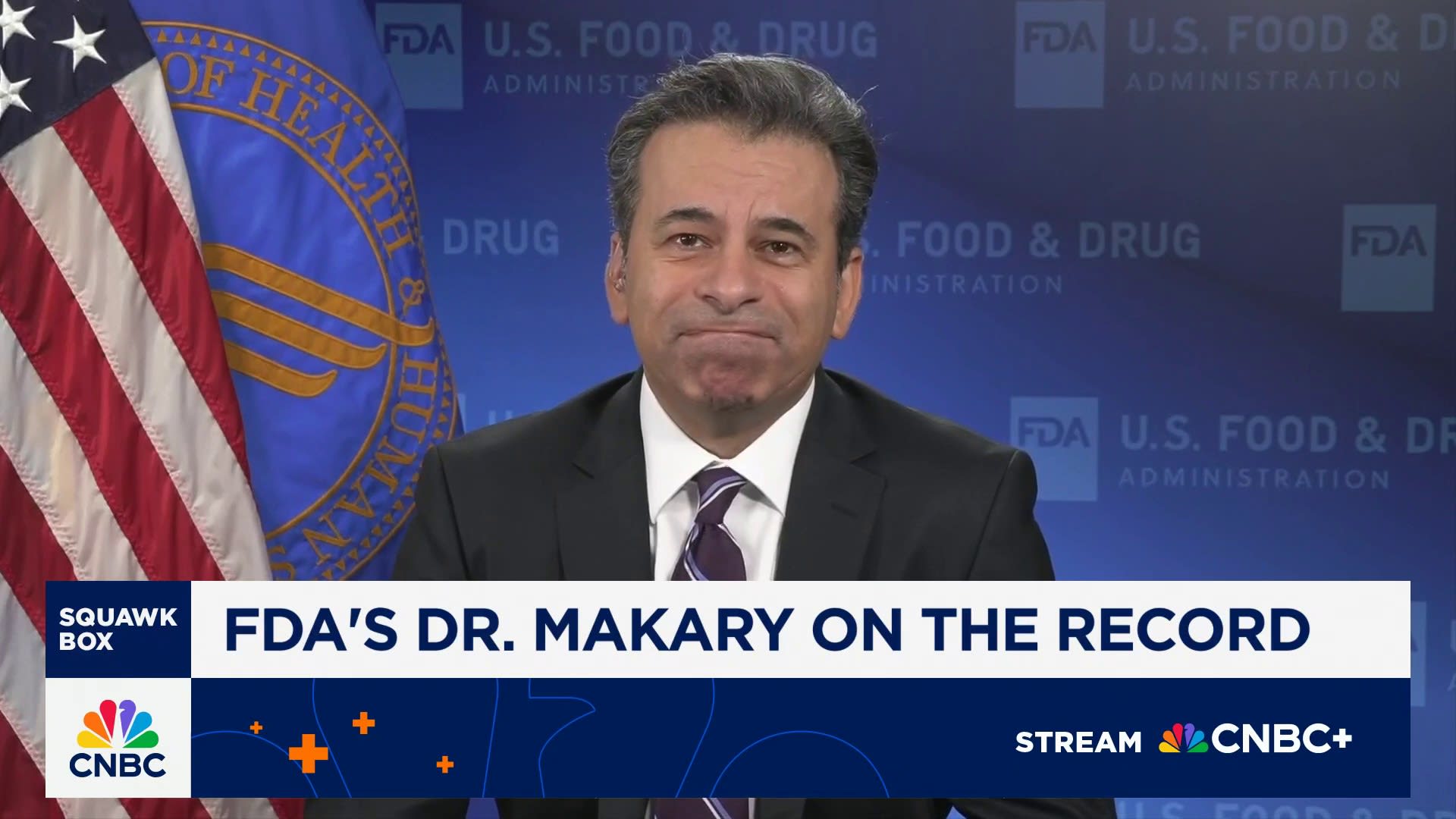If you’re noticing that driving at night feels particularly difficult, you’re not alone. Our eyes are simply not as equipped to handle low light as they are in daylight, and certain factors can make that worse. But with a few mindful adjustments, you can make nighttime driving not just safer but also more manageable.
Why Nighttime Driving Feels Harder
There’s a reason that so many drivers feel less confident on the road after dark. The human eye is built to perform best in bright light. When night falls, our pupils dilate to let in more light, but this also makes us more sensitive to glare and can reduce depth perception. Additionally, aging or common vision issues like nearsightedness can make nighttime driving even more difficult. The introduction of ultra-bright LED and HID headlights on newer vehicles only adds to the glare problem, making it harder to see clearly when another car approaches.
Preparing Yourself for a Safe Night Drive
Plan Your Route to Avoid Unfamiliar Roads
If possible, stick to routes you know well when driving at night. Unfamiliar roads can be more challenging to navigate in the dark, especially if they lack proper lighting or clear lane markers. By planning your route in advance, you’ll reduce the risk of unexpected turns or surprises, which are harder to react to with limited visibility.
Get Enough Rest Before Driving
Fatigue affects reaction time and concentration, and it’s especially dangerous at night when visibility is already reduced. Make sure you’re well-rested before setting out, as tired eyes are slower to adapt to the dark and more prone to strain. If you feel tired, consider taking a short nap before driving, or taking breaks if it’s a long trip.
Keep Emergency Contacts Handy
It’s a good idea to have a plan in case you feel unsafe driving at night. Whether it’s a family member, friend, or roadside assistance service, knowing you have someone to call can give you peace of mind if you’re ever in a situation where you need help on the road.
How To Keep a Clear Field of Vision While Driving at Night
While it may seem like there’s little you can do to change your vision in the dark, there are a number of adjustments you can make to improve your clarity and comfort on the road.
Start with a Clean Windshield
Dirt, grime, and smudges on your windshield can scatter light, increasing glare and making it harder to see. Even a small layer of dust can amplify glare from oncoming headlights. Make it a habit to clean both the inside and outside of your windshield regularly—ideally once a week. A clean windshield makes a surprising difference, allowing light to pass through unobstructed and reducing the “halo” effect around lights.
Check Your Headlights
Over time, headlights can get cloudy or yellowed, diminishing the amount of light they cast on the road. Headlights should be cleaned and, if necessary, restored to ensure maximum brightness. It’s also worth checking their alignment; misaligned headlights can increase glare for other drivers and reduce your own field of vision. Many car services can adjust headlight alignment during routine inspections.
Keep Your Glasses Clean (If You Wear Them)
Smudges or tiny scratches on glasses can scatter light in the same way as a dirty windshield. Use a microfiber cloth or a glasses-specific cleaning solution to keep lenses free of streaks and dust. If you don’t wear glasses daily but struggle with night driving, consider getting a dedicated pair of driving glasses with an anti-reflective coating, which can reduce glare from headlights.
Consider Anti-Reflective Coatings on Glasses
If you wear prescription glasses, ask your optometrist about anti-reflective coatings. These coatings reduce the reflections that cause glare, making nighttime driving easier on the eyes. Without these reflections bouncing around, your eyes can focus on the road without interference. Just be sure to keep them clean, as dirt on anti-reflective lenses can have the opposite effect, scattering light and worsening glare.
Dim Your Dashboard Lights
Bright interior lights can interfere with your ability to see clearly outside. Try dimming the dashboard lights to reduce the contrast between the interior of your car and the dark road outside. This will help your eyes adjust better to the darkness and reduce the strain caused by switching between the brightly lit interior and the dimly lit road.
Avoid Glare from Rear-View Mirrors
If headlights from behind are blinding you, flip your rear-view mirror to its night setting. Many cars have a lever under the mirror that reduces glare. Some newer models even come with automatic anti-glare rear-view mirrors that adjust to bright lights on their own.
Consider Supplements for Eye Health
Some studies suggest that nutrients like lutein and zeaxanthin can improve overall eye health, potentially making night driving easier over time. These carotenoids are found in leafy greens, eggs, and some supplements, and they help to filter out harmful blue light, which can make nighttime glare more intense. Adding these nutrients to your diet won’t be an overnight fix, but they may offer some long-term benefits for low-light vision.
Finally, Managing Oncoming Headlights
When a car with bright headlights approaches, avoid looking directly into the lights. Instead, shift your gaze slightly to the right side of the road. This keeps you focused on the road while reducing the headlights’ blinding effect.High beams are essential on dark, empty roads, but they can create a hazard for other drivers if used improperly. Always dim your high beams when there’s oncoming traffic or when you’re following another car. High beams can help illuminate further down the road in dark areas, giving you more reaction time for unexpected obstacles like animals or debris, but use them responsibly to avoid blinding others.











